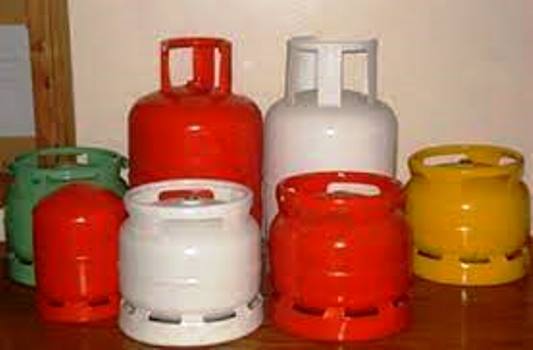African policymakers and global leaders at the COP29 UN Climate Change Conference in Baku, Azerbaijan have called for urgent action to address the region’s clean cooking crisis, which affects 1.2 billion people and results in millions of premature deaths annually.
Speaking at a high-level side event on “Clean Cooking Challenges in Africa,” Tanzania’s Vice President Philip Mpango highlighted the devastating human and economic toll of relying on polluting fuels.
Representing President Samia Suluhu Hassan, Mpango described the issue as a “silent emergency” affecting the health and dignity of millions of women and children across the continent.
According to the experts, over 83% of Sub-Saharan Africans depend on biomass fuels like wood and charcoal.
This usage contributes to severe health risks from indoor air pollution, deforestation, and a staggering $791.4 billion annual economic cost—$526.3 billion of which is linked to health-related impacts.
The Vice President for Power, Energy, Climate & Green Growth at the African Development Bank (AfDB), Kevin Kariuki emphasised the financial commitment required to bridge the gap.
“We must mobilize at least $4 billion annually to achieve universal clean cooking access by 2030. This is not just a health issue but one of human dignity and environmental sustainability,” he urged.
Similarly, AfDB President Dr. Akinwumi Adesina had earlier pledged to allocate 20% of the bank’s energy financing to clean cooking projects, securing $2.2 billion in commitments from global stakeholders during the Paris Climate Summit in May 2024.
The Executive Director of the International Energy Agency (IEA), Fatih Birol, called for unified efforts among governments, the private sector, and civil society to implement innovative solutions.
Meanwhile, the CEO of Sustainable Energy for All, Damilola Ogunbiyi stressed the urgent need to alleviate the burdens faced by women and children.
The African Energy Commission (AFREC) unveiled a new report detailing the scale of the crisis, which has led to the loss of 3.9 million hectares of forest annually.
The commission also announced the launch of the African Clean Cooking Program, a platform aimed at creating strategic frameworks and tracking progress on clean cooking initiatives.


